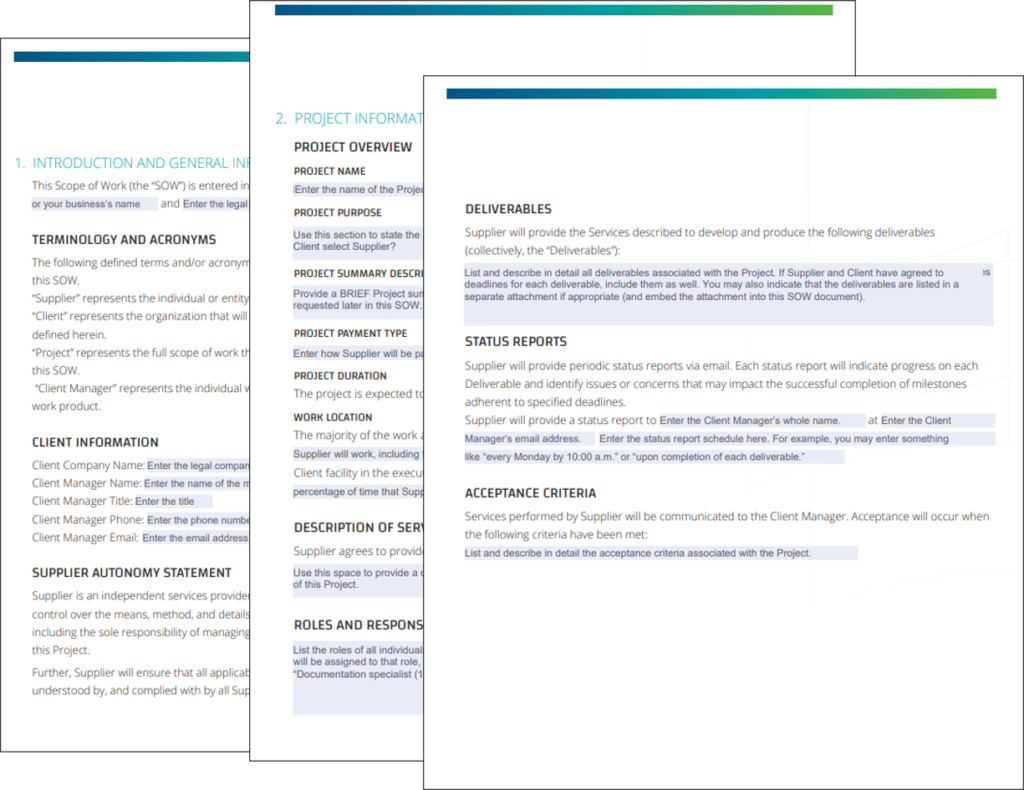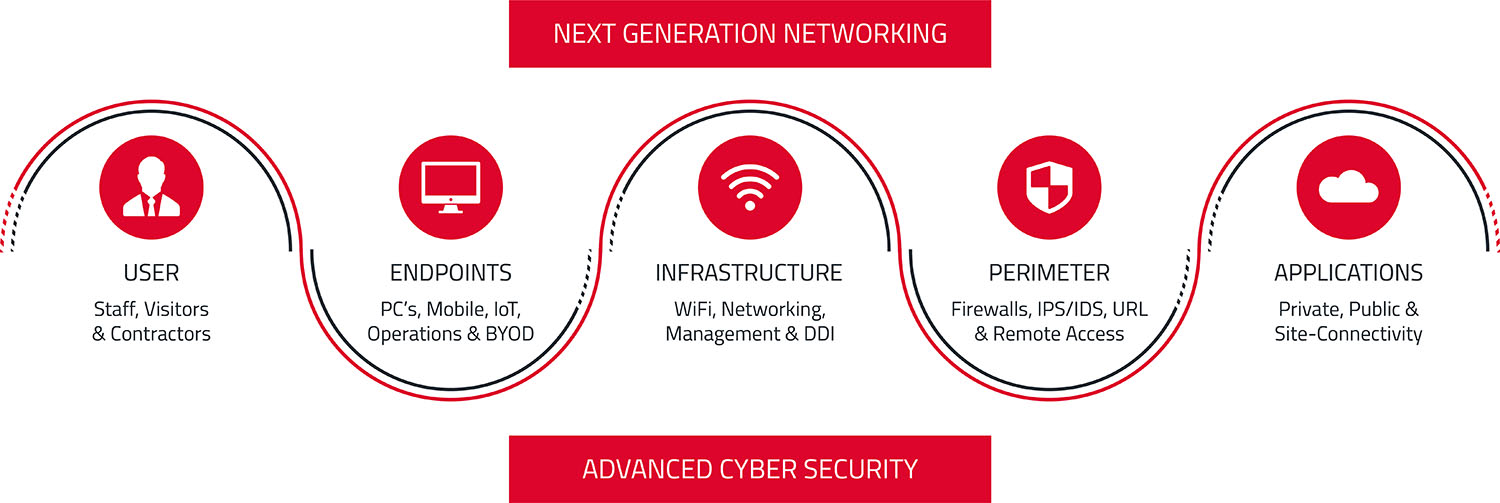
There are many factors you should consider when looking for a financial planner. You should first verify the credentials of your financial advisor. For your own investment style, you should check the complaint history and meet them in person. Check if they are members of any trade associations. Also, ensure that you choose a financial adviser who shares your investment philosophy. This article will cover some of the most important aspects to consider before hiring a financial professional.
Verify advisor credentials
You have many options to choose a financial consultant, but make sure you verify their qualifications. Certified Financial Planners (CFPs) means that they have passed a financial planning exam and completed college courses. You can check their background via FINRA's BrokerCheck site. Financial planners must be licensed and adhere to certain ethical policies. They also have to continue their education.

Check the complaint history for a financial adviser
Investing requires risk. It is important to review the complaints history of any financial advisor before you invest. However, this information cannot be relied on alone. Keep an eye out for other warning signs. Here are some signs to look for. A Google search of the name will reveal any complaints against a financial professional. If there are any complaints about the advisor, they will likely show up in the regulatory databases. The arbitrations and settlements that the advisor was involved in will be listed on regulatory bodies. You can check for nefarious financial behavior, such as unauthorized trading and sales abuse practices. It is important to review the complaint history for your financial advisor. But, there are also other warning signs.
In person with a financial advisor
When you decide to meet with a financial planner in person, you'll be able to ask questions in-person, rather than through an email. Although you don't need to have specific financial questions, it is important to understand the services offered by your advisor and their terms. Your financial planner will also be able to answer your general questions, such a question about whether they offer free consultations. Before meeting with a financial adviser in person, it's a good idea.
Find someone who shares your investment style
When looking for a financial professional, it's important you find someone with the same values and beliefs as you. Some financial advisors specialize in high net worth individuals, while others focus on young families or small business owners. Some even represent a specific group or religion. Finding a financial adviser who shares your values and preferences is key to securing your financial future. A financial advisor who shares your values and invests like you does is the ideal fit for you.

Do a background check
When hiring a financial advisor, do a background check. A background check is a must for advisors who have been in business for a long time. There are many ways to verify the credentials and qualifications of a financial adviser. One way is to search for their CRD (Company Registration Description) on the Securities and Exchange Commission's site. You might also be interested in checking for any articles they may have written, or any other possible landmines.
FAQ
What was the origin of modern consultancy?
The first consultants were accountants who helped companies manage their finances. Their skills in managing financial information led to them being called "accounting consultant". This role quickly expanded to include human resource management.
The term "consultant" came from the French word for "to advise." It was used by businessmen to describe someone who could offer advice on how to run an organization. Many business owners use the term "consultant" to describe any professional advisor.
What skills are required for consulting?
Strong interpersonal and analytical skills are essential for consultants. This is because you could be asked questions or not know what you are doing. You must learn how to manage people and solve problems quickly.
Also, you must have great communication skills. Clients expect a response within 24 hours. If they don't hear anything, it is likely that they aren't interested in you. It is crucial that you keep them up to date and make sure they know what's happening.
Is it possible to run a consultancy business from home?
Absolutely! Many consultants do this already.
Freelancers often work remotely through tools like Skype and Trello, Basecamp, Basecamp, Dropbox, and Slack. They may even create their own office space in order to take advantage of company perks.
Freelancers might prefer to work in libraries or cafés, rather than traditional offices.
Some choose to work remotely because they are surrounded by their family.
Of course, working from home has its pros and cons. But if you love your job, it's definitely worth considering.
Statistics
- According to statistics from the ONS, the UK has around 300,000 consultants, of which around 63,000 professionals work as management consultants. (consultancy.uk)
- 67% of consultants start their consulting businesses after quitting their jobs, while 33% start while they're still at their jobs. (consultingsuccess.com)
- Over 62% of consultants were dissatisfied with their former jobs before starting their consulting business. (consultingsuccess.com)
- On average, your program increases the sales team's performance by 33%. (consultingsuccess.com)
- Over 50% of consultants get their first consulting client through a referral from their network. (consultingsuccess.com)
External Links
How To
How can I start a consultancy business with no money?
Start your own consultancy company with a simple and efficient method - no capital investment required!
This tutorial will teach you how to make money from home while improving your skills and earning extra cash.
I'll be sharing some secrets on how to get traffic on the demand, especially for people searching for specific items.
This method is called 'Targeted Traffic'. This method was built specifically to allow you to do things like this...
-
Find out what niche you want.
-
Research which keywords people use to find solutions on Google.
-
These keywords are the basis of your content.
-
Post your articles on article directories.
-
Make sure to use social media sites for promotion of your articles.
-
Develop relationships with experts in the niche and influencers.
-
You can be featured on these websites and blogs.
-
You can grow your email subscriber base by sending emails.
-
Get started making money.